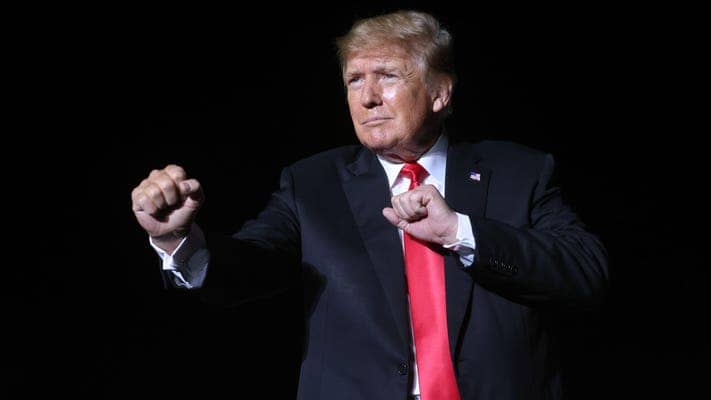By Barbra Nakiwala
Donald Trump’s sentencing in his Manhattan hush money criminal trial has been delayed until after the November election.
Judge Juan Merchan postponed the sentencing to November 26, citing the unique timing of the matter and the upcoming presidential election. Previously scheduled for September 18, the sentencing was delayed due to legal manoeuvres by Trump’s lawyers.
In May, a New York jury convicted Trump on 34 felony counts of falsifying business records, making him the first sitting or former president to be convicted of a crime. Merchan stressed the need for a sentencing hearing focused on the jury’s verdict and set the sentencing date for three weeks after the November 5 election to ensure that his sentencing was not influenced by the election.
The judge reaffirmed the court’s fairness, impartiality, and non-political nature, emphasizing the importance of respecting the jury’s verdict. Trump could face a sentence of up to four years in prison, but the judge has discretion to impose a fine, probation, or a shorter jail term.
Prosecutors accused Trump of concealing a payment to buy the silence of Stormy Daniels, a former adult film star, during his 2016 election campaign. They argued that Trump broke election law by approving a scheme to disguise the money as legal expenses.
Trump’s original sentencing date was in July, but his lawyers delayed it after a Supreme Court ruling granting presidents some immunity from criminal prosecution. Judge Merchan granted a delay to allow arguments on the ruling’s effects on the case, with a decision on the implications set for November 12.

The judge stated that sentencing hearings are routinely delayed in other cases for various reasons and he sees no reason why this case should be treated differently. He emphasized that his decision to delay should dispel any suggestion of political bias.
Trump continues to assert his innocence, calling the case a “witch hunt” and a “political attack.” His social media platform, Truth Social, echoes his claims. Meanwhile, Alvin Bragg, the Manhattan district attorney, stated that his team is ready for sentencing on the new date set by the court.
If Trump returns to the White House, he would potentially have the power to pardon himself for federal crimes. However, the charges in New York and Georgia related to election interference are state charges and cannot be pardoned by the president.








